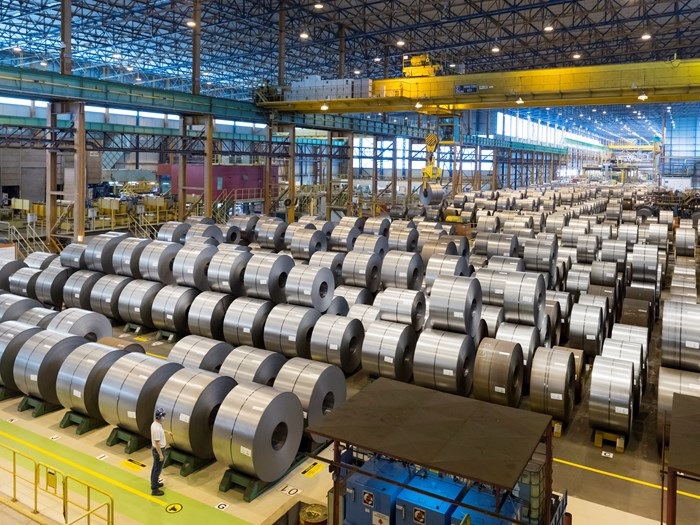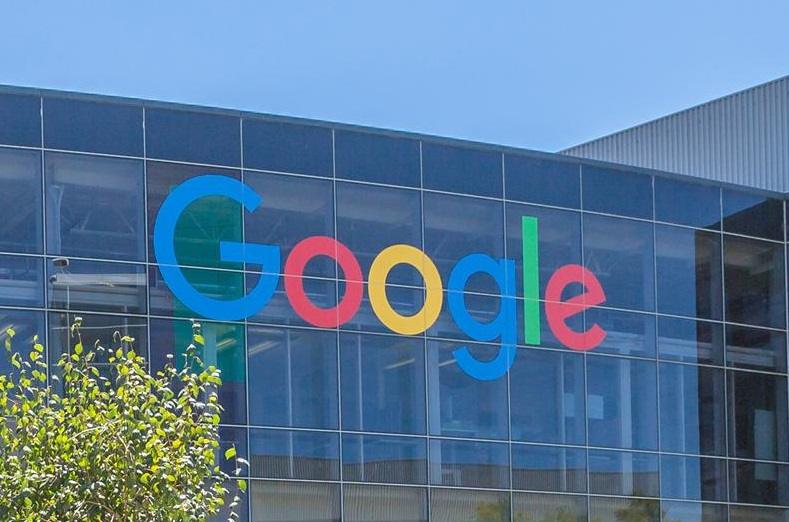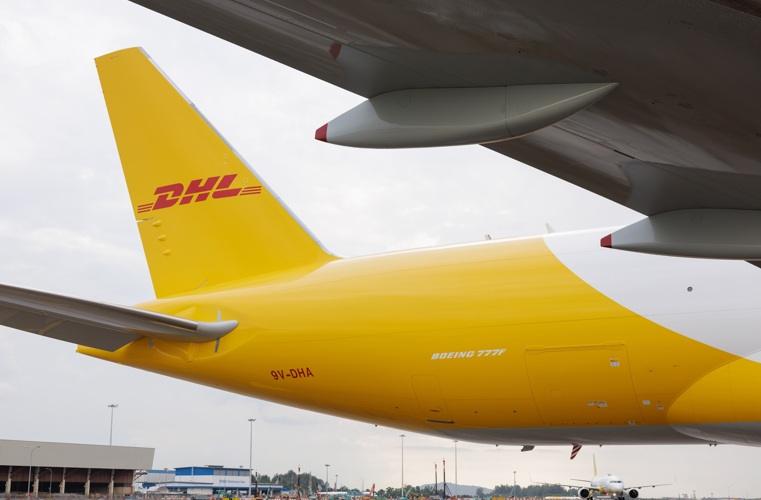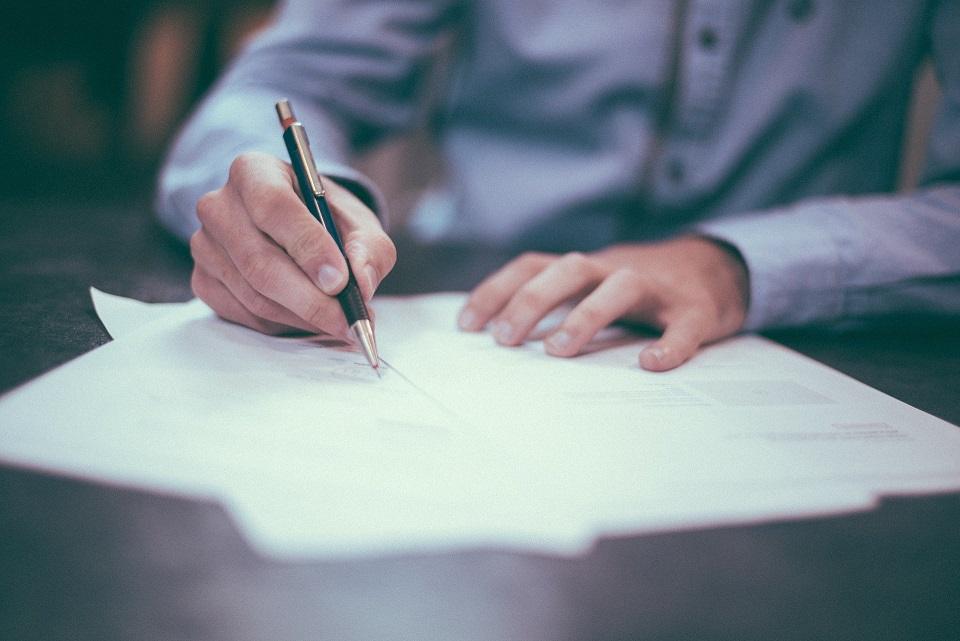Steel Giant ArcelorMittal Commits To Net Zero Carbon Emissions by 2050
Steel and mining giant ArcelorMittal announced today the launch of a new commitment to achieve company-wide carbon neutrality by 2050. The announcement builds on the company’s previous commitments to reduce emissions by 30% by 2030 and reach net zero carbon by 2050 in its European operations.
Speaking at the Financial Times Commodities Conference today, ArcelorMittal President and CFO Aditya Mittal outlined several of the challenges, policy requirements and technology initiatives required to deliver carbon neutral steelmaking. Mittal said:
“If the world is to achieve net zero by 2050 it will require all parts of the economy in all regions of the world to contribute. As the world’s leading steel company, we believe we have a responsibility to lead the efforts to decarbonise the steel-making process, which today has a significant carbon footprint.
“Steel will remain a vital material for our world and indeed is the most circular of all materials. Our challenge is to be able to make steel using clean energy technologies* on a commercial scale, while remaining competitive in the global steel industry.
“We are working on various pilot technologies which have excellent potential. In Hamburg, where we own and operate Europe’s only DRI-EAF facility, we will test not only the ability of hydrogen to reduce the iron-ore and form DRI, but also then test that carbon-free DRI in the EAF in the actual steel-making process.
“Hydrogen has a lot of potential but given the significant transition cost, we also believe in working on solutions for the traditional integrated route. This essentially follows the bio-energy, carbon capture and utilisation and storage route, which as stressed by both the IPCC and the IEA will be critical to achieving net zero by 2050. What is also interesting about this route is that it has the potential not only to provide carbon neutral steel, but also other products that will help the chemical industry make plastics in a carbon neutral way.
“Critical to turning the target into reality will be policy to enable steel to remain competitive while decarbonizing – particularly given every region of the world is moving at a different pace. We intend to actively engage with governments to chart a way forward that enables the steel industry to make meaningful progress through carefully designed policy that protects against carbon leakage.”
The company said that it is considering two approaches to low-emissions steelmaking, including:
Hydrogen-DRI. This approach uses hydrogen as a reducing agent. A demonstration plant in Hamburg, where ArcelorMittal owns Europe’s only operational DRI-EAF plant, is currently planned with a targeted start-up in 2023.
Smart Carbon. This approach is centred around modifying the blast furnace route to create carbon neutral steelmaking through the use of circular carbon – in the form of sustainable biomass or carbon containing waste streams – and carbon capture and use (CCU) and storage (CCS). ArcelorMittal stated that it is well advanced on constructing several commercial-scale projects to test and prove a range of Smart Carbon technologies. Start-up target for key projects is targeted in 2022.
The company stated that the Smart Carbon approach will be more likely to deliver a meaningful impact on CO2 emissions reduction sooner, due to the current high costs of achieving industrial-scale production from the Hydrogen-DRI approach.





